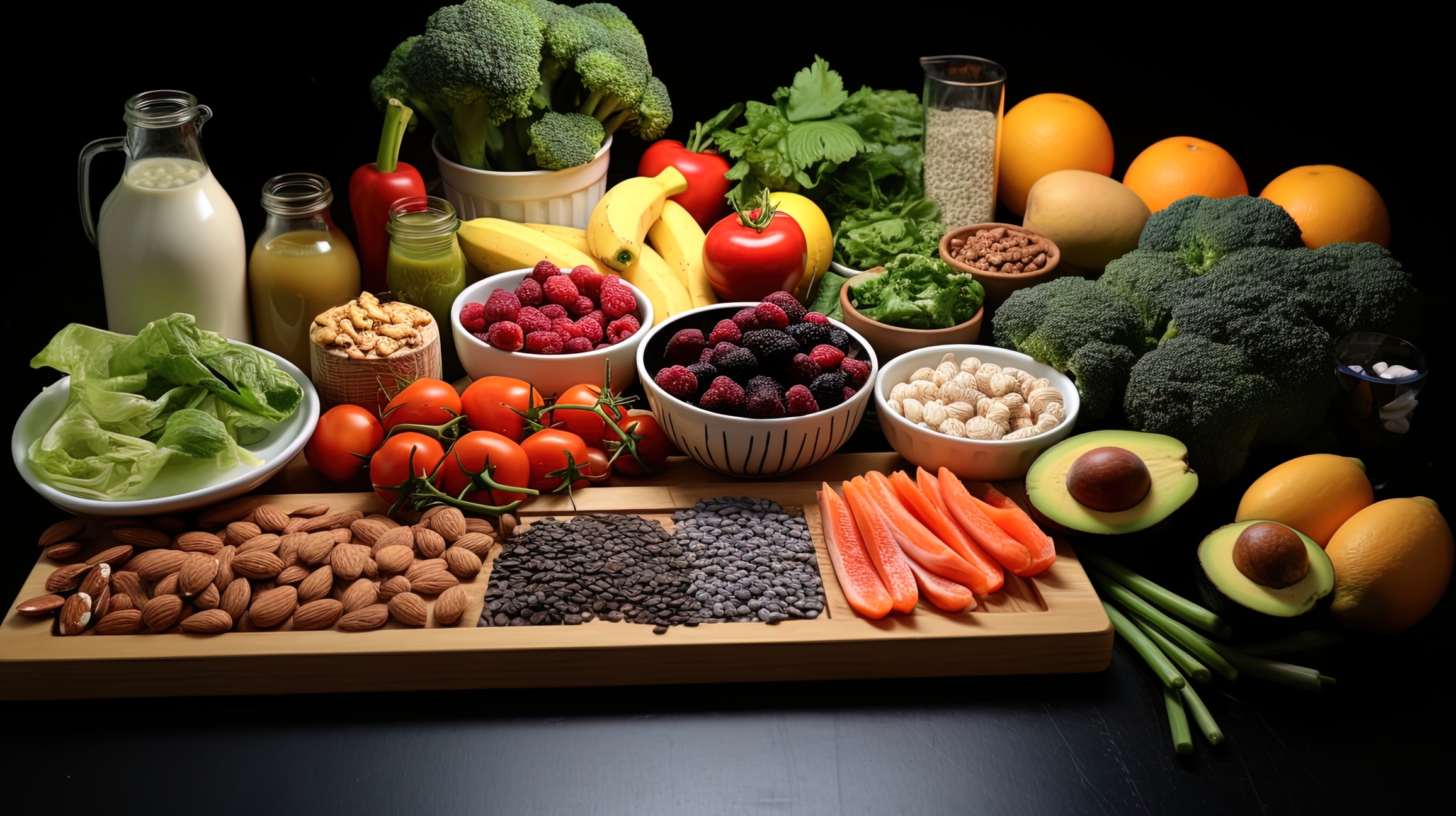How A Healthy Diet Can Help Manage Diverticulitis
Long-Term Management: The Role of Fiber

Fiber becomes the cornerstone of long-term prevention after recovery from an acute diverticulitis attack. A fiber-rich diet helps prevent constipation, reduces the risk of straining during bowel movements, and keeps the colon functioning smoothly. Foods like whole grains, fruits, vegetables, and legumes are excellent sources of fiber that promote regularity and reduce the pressure on the intestinal walls, which can lead to diverticula formation. Regular fiber intake is crucial for ongoing digestive health.
Continue reading to discover why fiber is essential for managing diverticulitis long-term.
Simple Ways to Add Fiber to Your Diet

Incorporating fiber doesn’t have to be complicated. Simple swaps like choosing whole grain bread over white bread, adding fruits like apples or berries to your breakfast, or tossing a handful of spinach into your smoothie can significantly boost your fiber intake. Snacks like raw vegetables with hummus or a handful of almonds provide fiber and essential nutrients. By gradually increasing fiber-rich foods, you can avoid digestive discomfort and help keep your colon healthy and functioning optimally.
Learn how small changes can make a big difference in boosting fiber intake.
